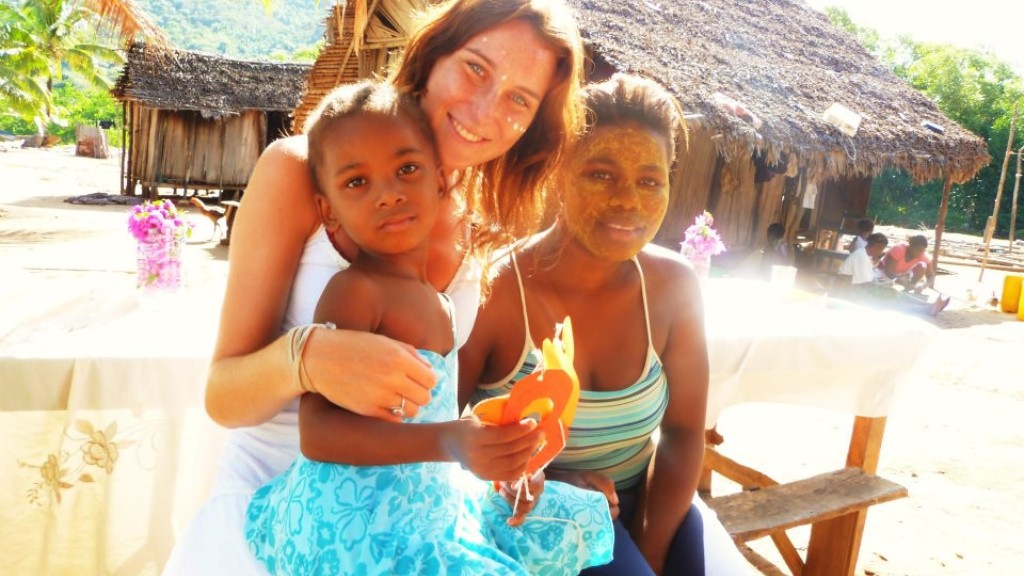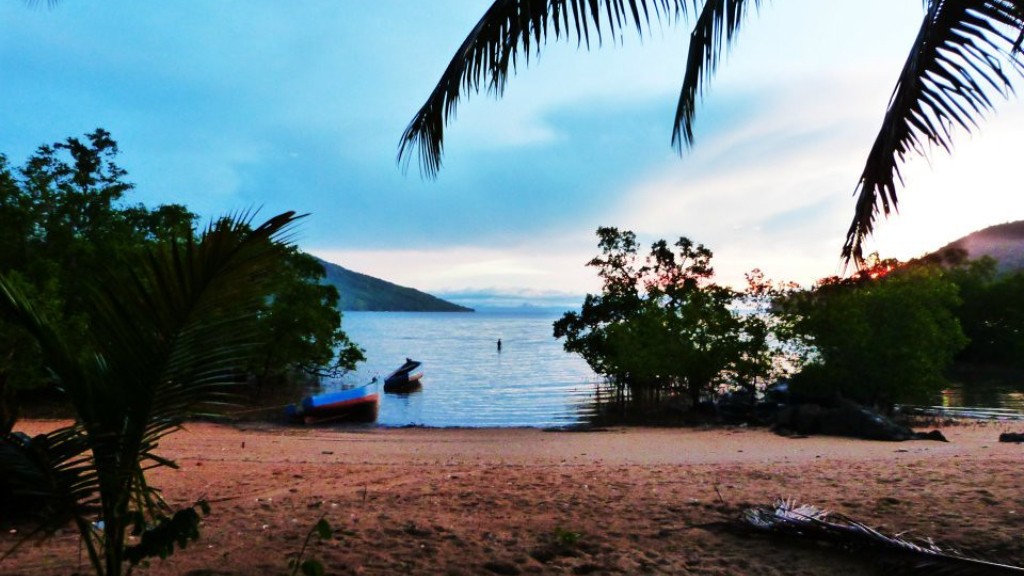Is Madagascar Considered Part of Africa?
When thinking about the African continent, most people imagine vast savannas, diverse wildlife, and unique cultures. However, a question that arises is whether Madagascar, the world’s fourth-largest island, should be considered part of Africa. The answer to this question is more complex than it may initially seem, as Madagascar has a distinct history, geography, and culture that differentiate it from mainland Africa.
Located off the eastern coast of Africa, Madagascar is separated from the mainland by the Mozambique Channel. Geographically speaking, it is classified as part of the Indian Ocean region. The island’s origins can be traced back to India, Africa, and the Middle East, which is reflected in its diverse flora, fauna, and ethnic groups. This rich diversity sets it apart from the predominantly Bantu-speaking African nations.
Historically, Madagascar’s connections with Africa are evident through migration patterns and trade. Arab and Swahili traders played a significant role in facilitating trade between the island and the mainland. African influences are also present in the Malagasy language, which belongs to the Austronesian language family but has incorporated Bantu and Arabic words over time.
Geographic Separation
The Mozambique Channel, with a width of approximately 415 kilometers, forms the main barrier between Madagascar and Africa. This separation has resulted in the unique biodiversity found on the island, as the isolation allowed for the evolution of distinct plant and animal species. Madagascar is home to lemurs, which are found nowhere else in the world, as well as a variety of endemic birds, reptiles, and plants.
Furthermore, the geographical separation has contributed to different socio-economic and political contexts between Madagascar and mainland Africa. While many African countries face similar challenges such as poverty, political instability, and healthcare issues, Madagascar has its own set of complexities shaped by its isolation.
Cultural Diversity
Madagascar’s cultural landscape is incredibly diverse, with over 18 Malagasy ethnic groups. Each group has its own traditions, customs, and practices, adding to the unique identity of the island. The Malagasy people share cultural similarities with African groups, such as their communal values and oral traditions. However, there are also distinct differences in language, religion, and social systems, highlighting the separate cultural development of Madagascar.
The island’s cultural diversity is further exemplified through the various styles of music, dance, and craftsmanship. The renowned musical instrument called the “valiha” is one example of Madagascar’s rich cultural heritage. This unique string instrument is played using the thumbs and produces melodious tunes, reflecting the creativity and artistry of the Malagasy people.
Colonial History
The colonization of Madagascar by European powers also plays a role in shaping its identity and relationship with Africa. In the late 19th century, the island was colonized by the French, which had a significant impact on the country’s language, governance, and administration. French colonization increased connections with the Francophone African countries, leading to cultural and historical exchanges.
However, it is worth noting that some African countries also experienced colonization by European powers, which in itself does not define their continental belonging. The impact of colonization should be considered in conjunction with other factors to determine Madagascar’s place within Africa.
Economic and Political Affairs
From an economic standpoint, Madagascar faces challenges that are distinct from many African countries. The island has a predominantly agricultural economy, with an emphasis on exports such as vanilla, cloves, and coffee. This specialization sets it apart from the more resource-driven economies found in mainland Africa.
Furthermore, Madagascar’s political landscape has been characterized by a unique set of circumstances and challenges, including multiple political crises and ongoing governance issues. These factors contribute to the complexity of the island’s relationship with Africa, as it faces its own internal struggles separate from continental affairs.



